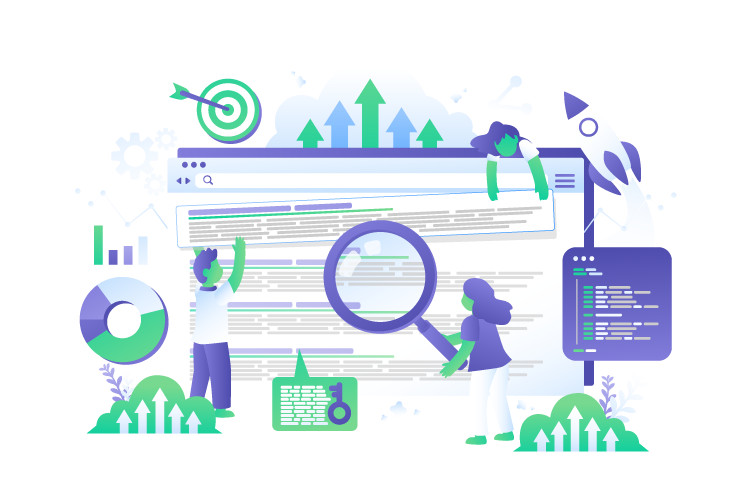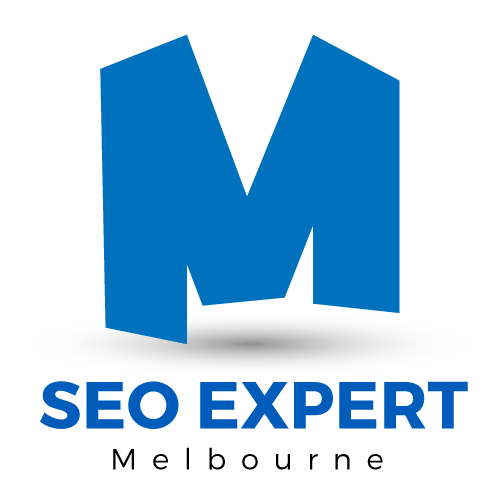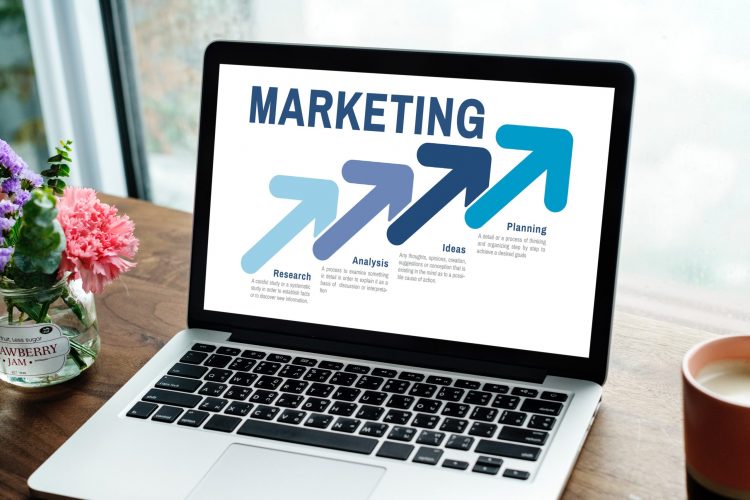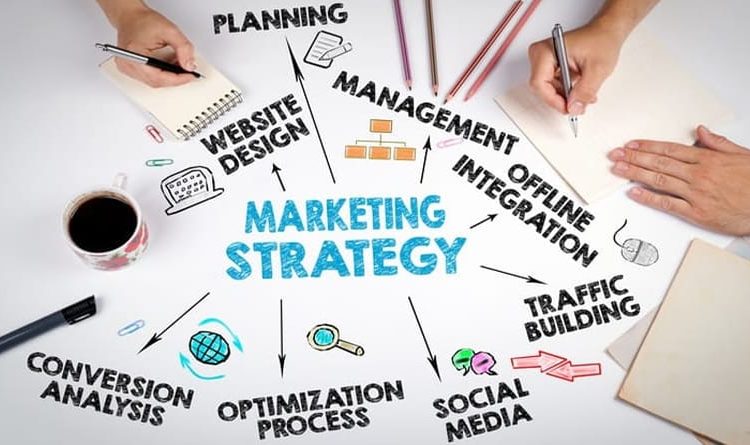
Digital Marketing
You have probably noticed that the digital marketing method has become both more common and more important. What digital marketing means more precisely can, however, vary depending on which platforms and channels you use for your company.
In this post, I will go through what digital marketing is and who benefits from digital marketing and why. I will also describe what SEO and SEM are and how it works.
Finally, I will also give you an overview of the important responsibilities that exist in digital marketing. So that you know how to build a team that is responsible for this.
What is digital marketing?
Digital marketing refers, just as the name suggests, to the marketing that takes place digitally. More precisely, it is about marketing via various digital platforms and digital channels.

This is the marketing you do to reach your customers via computer, mobile, or tablet. Through these devices, you can place your ads via social media or embed them in various websites and the website’s services.
Online presence
If you use Internet marketing, you are probably familiar with terms such as web ads, SEO, Rankings & email marketing.
Of course, you can also look at your e-marketing as a complement to your more traditional advertising campaigns. Your digital marketing operates in fields other than the traditional marketing channels, such as newspapers, TV and the public space. See for example how Nike here uses a large billboard as part of their marketing.
Using digital marketing channels to reach your customers enables you to reach more target groups.
How social media interacts with your digital marketing
When using social media for your digital marketing, some of the most common networks to use are Facebook, Instagram, Youtube, and blogs. See here an example of how ads are placed on Facebook.

The biggest advantage for you to use social channels for your digital marketing. So you can reach out to your potential customers and also create a relationship with them. This has its explanation in the nature of social media – that they are interactive platforms.
The interactive contact that you create with your potential customers gives them an experience of closeness, as you can communicate with them in a very fast and efficient way. You can also give individuals the opportunity to closely follow all the news regarding your business by sharing it in all your social platforms. See here how we at SEO Expert Melbourne use our LinkedIn profile to communicate about our webinars.
Digital marketing with influencers
In recent years, you also have the opportunity to use influencers to market your goods and services.
An influencer is a person who is active on social media and who has the opportunity to reach out to – and above all influence – a number of other people who follow this influencer in various digital channels. As influencers have often built a network around their channels, their name can also be seen as a brand in itself.
Who benefits from digital marketing and why?
In some cases, you may need to differentiate between traditional marketing, also called outbound marketing, and digital marketing also called inbound marketing. This is important as both the platforms and strategies you will use in the two options differ.
Simply described, you use traditional marketing to actively disseminate information through advertising and advertisements via, for example, regular to your potential customers. There is no special selection for who is defined as potential customers, but it includes virtually everyone.
Traditional marketing can lead to you gaining new customers, and thus increased sales. However, it is important that you pay attention not to make anyone annoyed with you and your brand as you can also send offers to people who are not interested in your business.
Let me summarize: when you use digital marketing, it’s not about getting as many people as possible to find your channels – on the contrary, it’s about finding the right people there. By the right people I mean the people who are actively looking for and looking for what your company offers. It is then these people you can build a relationship with and finally sell your goods or services to.
The four key stages of digital marketing
1. Attract your potential customers to visit your website or other digital platforms
Make sure the right people find your website and your other digital platforms. This is usually done by a person finding your business after searching for information on a search engine.
The people who end up on your website from a search engine have used a specific keyword to find what they are looking for. It is therefore important that your website contains the information that the person in question wants to receive.
If your page does not have that information, the person will leave your page and look further. In the worst case, they may instead find one of your competitors who is better at answering the question.
2. Create a strong bond between your visitors and your business
Once one of your potential customers has found your website, the next step is to create a bond between and a relationship with your company and what you offer.
One way, for example, is for your visitors to leave their email address so you can send them newsletters. You can encourage visitors to give you their email addresses by, for example, offering a discount.
3. Convert your visitors and potential customers into actual customers
After you have established a first relationship with your visitors, it is time to convert them into customers. There are a number of different strategies you can use to succeed in this. Some examples are CRM, marketing automation and closed-loop reporting.
The visitors you succeed in converting to customers, you can then try to continue selling to so that they become so-called repeat customers. A good tip is to send them offers on products that you know they have bought before.
Learn how to boost your traffic with Google my Business listing.
4. Use your customers as a marketing channel
If you succeed in converting visitors into customers and finally also into repeat customers, while building a close relationship with them, there is a good chance that your customers will recommend your business to their friends. This is an important marketing channel for you as it costs you little and probably attracts many new customers to your business.
On Page methods
On Page aims, among other things, to create content on your pages that is relevant and that makes it easy for people who searched for an exact phrase to find your page.
It can also be about using keywords and placing them in well-chosen places in your texts, for example early in your text, in headings or early in a sentence.
Off Page methods
Off Page is about having your website linked from similar pages, where the person who finds the website may think that both websites contain relevant information.
You can do this both through links in text, direct links but also by having a link to your website in the signature on, for example, various forums. In some cases, you can also link your page via other platforms to increase your page’s indexing.
What is SEM?
SEM means search engine marketing and the abbreviation comes from the English Search Engine Marketing. If you use SEM to market your products or services, you use paid activities to increase your search engine exposure.
For example, it could be ads of various kinds, which makes your page appear at the top of the search engine and can cause people to click into your website for that reason.
The purpose of SEM is for your customers to find your site and buy the goods or services you offer.
SEM does not affect the organic relevance that your site is considered to have according to search engine algorithms. Therefore, you can of course also use SEO to influence this. Below you see both paid and organic search results.
Read our ULTIMATE Bigness guide to Digital marketing.
Different jobs and roles in digital marketing
Due to the complexity of digital marketing, it can be beneficial to have a dedicated person in charge. You can hire digital marketers as a freelancer, as a consultant or hire them in your company.
One reason to have someone responsible for your digital marketing is that the search engine algorithms change from time to time, it is important to keep you up to date on what applies, if you want to continue to be successful with your digital marketing.
Some examples of jobs in digital marketing are SEO and SEM specialist and SEO and SEM manager. Below is a brief description of what these jobs entail.
SEO Specialist
An SEO specialist is a person who works with digital marketing that is focused on search engine optimization, text content, web development, internet marketing and search engine advertising. If you work for a larger company, it is common for an SEO specialist to be part of a work team that can also include, among other things, a marketing coordinator and web developer. However, you can also hire an SEO Specialist as a consultant.
SEO Manager
An SEO manager is a marketing manager who specializes in SEO. Among other things, they can work with the technical parts of websites, to optimize the website and its content, to build links of various kinds, create social platforms and design campaigns. If you hire an SEO manager, it can be his or her job to have the overall check on the job and to follow it from start to finish.
SEM Specialist
People who work as SEM specialists work with advertisements and online marketing of various kinds. For example, it can be about analyzing and optimizing search engine marketing for companies, for example. You can also hire an SEM specialist as part of your work team but also as a freelancer or consultant.
SEM Manager
An SEM manager works to develop strategies to be able to implement successful search engine marketing. SEM managers can also work on creating your advertising campaigns that target your potential customers, and creating structures to drive relevant traffic from search engines to your site.


